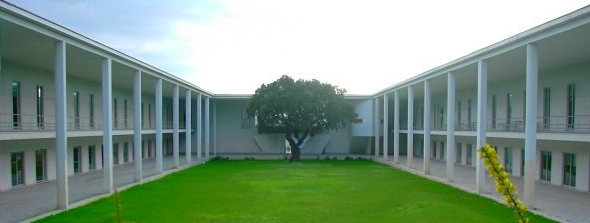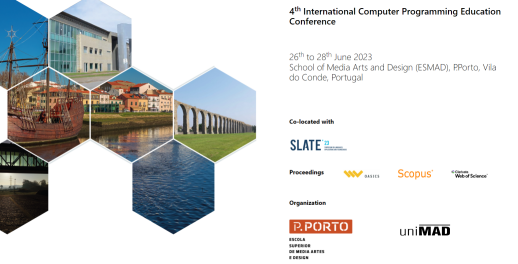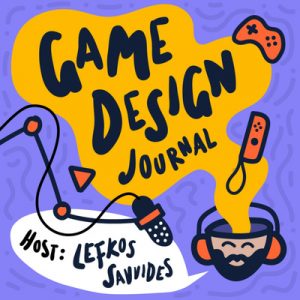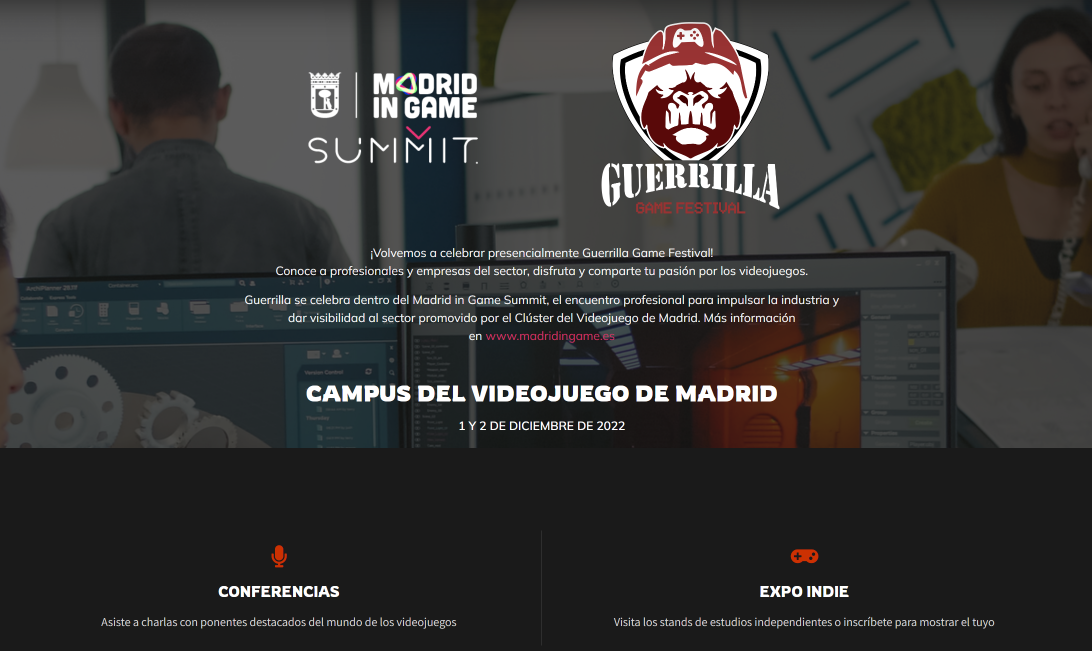
O Simpósio Internacional de Informática Educativa (SIIE) é um fórum internacional para a apresentação e discussão dos mais recentes avanços na investigação sobre tecnologias educativas e a sua aplicação prática em processos educativos. Também visa reunir investigadores, representantes institucionais e docentes para partilharem perspetivas, conhecimentos e experiências.
A 25.ª edição do Simpósio terá como foco sistemas, plataformas, pedagogias e educação baseada na prática em e-learning e b-learning, incluindo o uso de simuladores, sistemas de realidade aumentada, sistemas de realidade virtual e laboratórios virtuais, bem como pensamento computacional, programação e robótica educativa.
Contributos
O Simpósio procura contributos de qualidade com a apresentação de trabalhos originais na área da Informática Educativa relacionados com os temas de interesse. Os contributos podem ser submetidos em espanhol, português ou inglês. O título e o resumo também devem ser em inglês. A apresentação de trabalhos no simpósio poderá ser em espanhol, português ou inglês. Todas os contributos devem ser enviados como arquivos DOC, DOCX ou PDF e estar em conformidade com as instruções de formatação do IEEE
(http://www.ieee.org/conferences_events/conferences/publishing/templates.html).
Os contributos serão limitados a um máximo de 6 páginas.
As submissões devem ser feitas através da plataforma CMT Microsoft através do seguinte link (https://cmt3.research.microsoft.com/SIIE2023/Submission/Index)
Os trabalhos aceites serão publicados digitalmente nas atas do simpósio, que serão distribuídos aos participantes antes do simpósio.
Os trabalhos submetidos serão incluídos numa edição de post-proceedings que será submetida ao IEEE para ser considerada para publicação no IEEEXplore (indexado por Clarivate WoS e SCOPUS).
Os artigos a serem publicados como atas do IEEE devem ser escritos em inglês. Os melhores trabalhos também serão selecionados para publicação em versões desenvolvidas em várias revistas.
Edições especiais estão atualmente confirmadas em:
Revista IEEE RITA (http://rita.det.uvigo.es/)
Revista da ADIE, IE Comunicaciones (http://www.adie.es/)
Revista Educação na Sociedade do Conhecimento (EKS) (https://revistas.usal.es/tres/index.php/eks)
Datas Importantes
Submissão de artigos: 31 de maio de 2023
Notificação de aceitação: 21 de julho de 2023
Prazo para submissão de versão para publicação: 25 de setembro de 2023
Prazo de inscrição antecipada: 14 de outubro de 2023
Simpósio: 16 a 18 de novembro de 2023
Temas
Segue-se uma lista de temas de interesse para o simpósio:
Teorias pedagógicas aplicadas à concepção de software educativo
Aplicações de web semântica na educação
Aplicações de software educativo em domínios específicos
Ensino a distância, online e híbrido
Aprendizagem colaborativa
Aprendizagem ubíqua e móvel
Desenvolvimento de conteúdos educativos
Conhecimento aberto em contextos educativos
Concepção e padronização de tecnologias educativas, metadados e linguagens de modelação
Concepção, desenvolvimento e avaliação de software educativo
e-Avaliação: Teoria, métodos, ferramentas e práticas
Ambientes de aprendizagem personalizados
Análise da aprendizagem
Formação de professores em TIC
Gestão do conhecimento, tecnologia e competências em contextos educativos
Inteligência artificial na educação
Interacção homem-computador em contextos educativos
Laboratórios virtuais e remotos
Metodologias e práticas de utilização de software educativo
Exploração de dados educativos
Multimédia, hipermédia e visualização na educação
Mundos virtuais educativos
Pensamento Computacional, programação e robótica educativa
Recursos baseados na Web
Sistemas de gestão da aprendizagem: arquiteturas e plataformas
Apoio à aprendizagem não formal e informal no local de trabalho
Simulações educativas e jogos de vídeo
Web social e comunidades de aprendizagem
Realidade virtual, realidade aumentada e realidade mista.
Aprendizagem inclusiva e Educação Especial
Contactos
Para questões relacionadas com submissões: siie.2023@ese.ips.pt
+infos(oficial): https://eventos.ese.ips.pt/siie2023/









